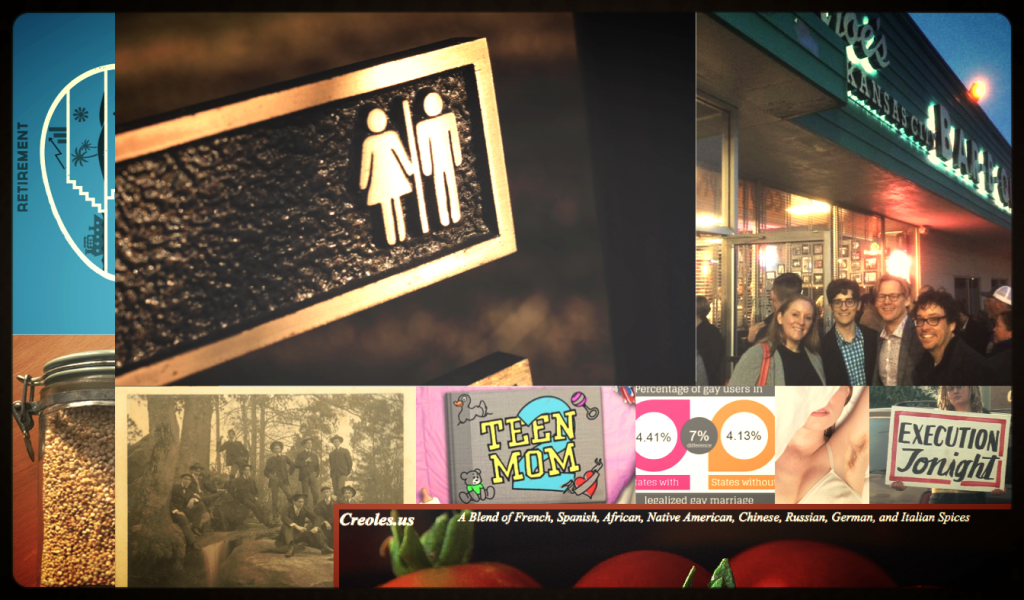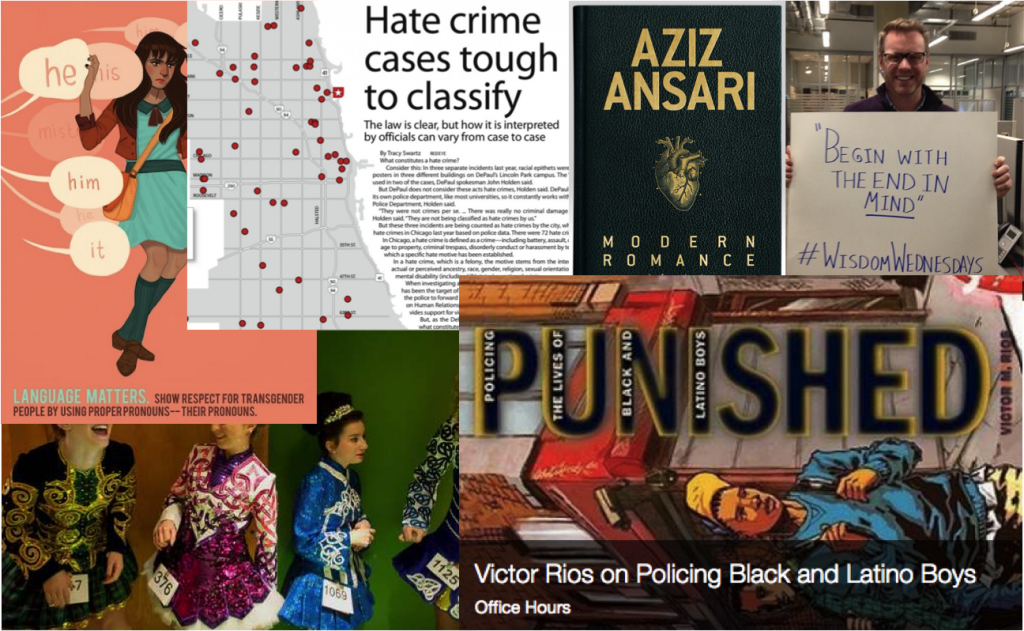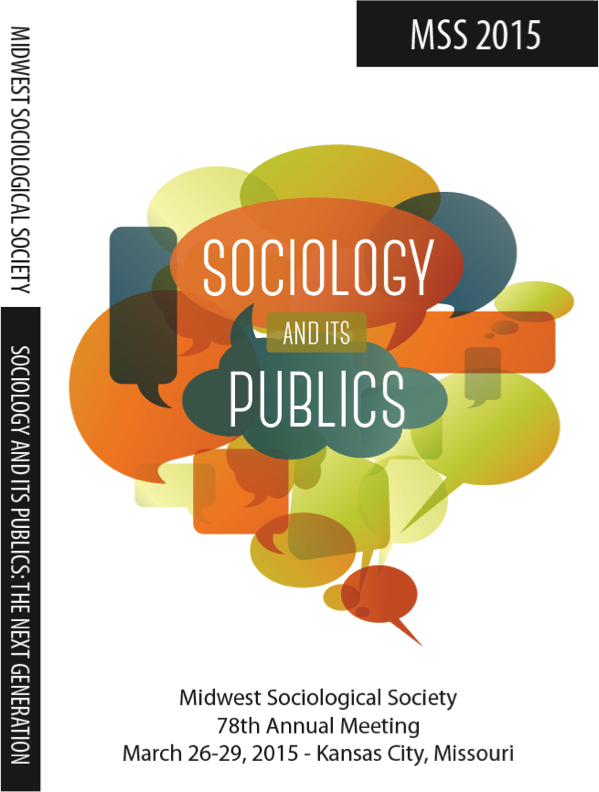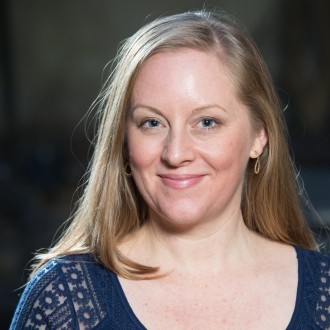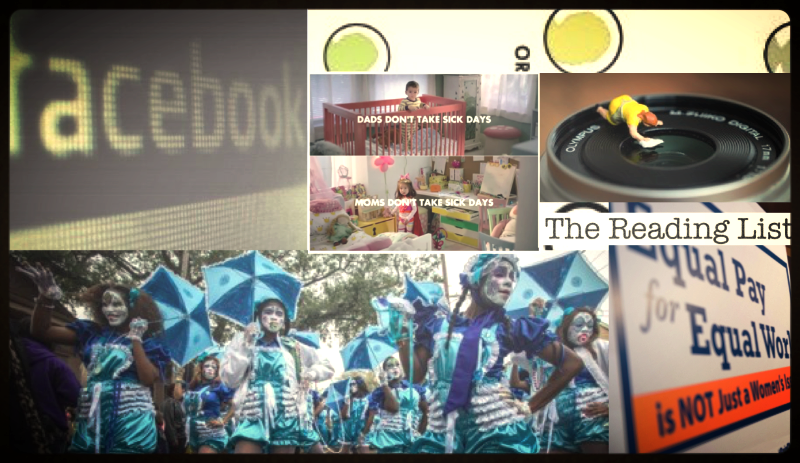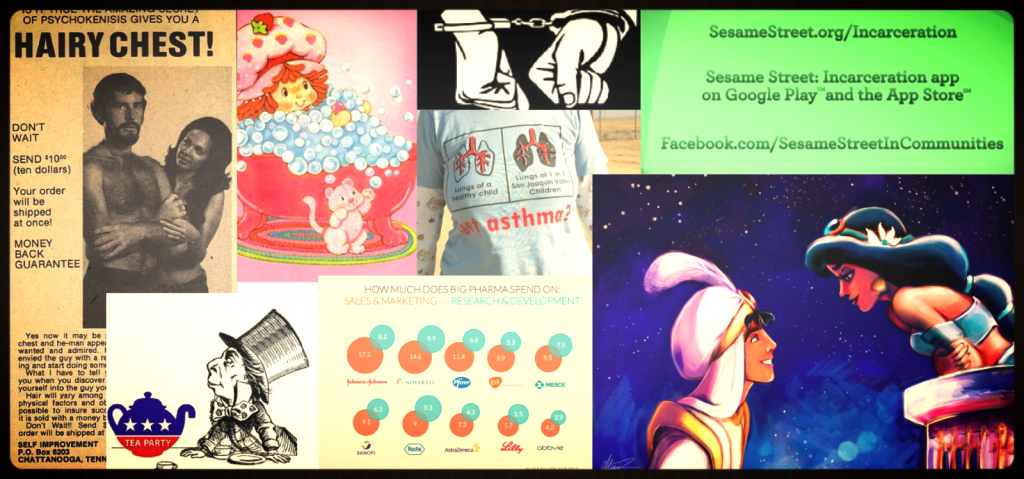 February may be a short month, but we’re never short on sociology to share.
February may be a short month, but we’re never short on sociology to share.
“Is the (Tea) Party Over?” by Erik Kojola and Jack Delehanty. Scholars Meghan A. Burke, Ruth Braunstein, Andrew Perrin, and Robert Horwitz weigh in on the past, present, and future of a young political movement.
“Oscar Winners Put Social Issues Center Stage.” A look at some accessible research on four big social issues raised in Academy Award speeches last weekend.
“Contexts: New Issue, New Site,” by Doug Hartmann. New editors Philip Cohen and Syed Ali have put out their first issue and launched the revamped contexts.org, hosted by thesocietypages.org.
“Extra! Extra! Read All about It, All the Time!” by Sarah Catherine Billups. A look at media saturation with research from Sara Goldrick-Rab, Lauren Schudde, Jennie E. Brand, Fabian T. Pfeffer, Matthew Curry, Yu Xie, Mina Dadgar, Madeline J. Trimble, Christopher Jepsen, Kenneth Troske, and Paul Coomes.
“Who—and How—Community College Helps,” by Anne Kaduk and Amy August. A sociological primer on Obama’s plan to make two years of community college free, with work from Kenneth T. Andrews, Neal Caren, Rachel Best, Arnout van de Rijt, Eran Shor, Charles Ward, Steven Skiena, Karin Wahl-Jorgensen, and Stephen Ostertag.
“Cheap Gas Has Pricey Consequences,” by Neeraj Rajasekar. Guangqing Chi on the way pump prices change driving habits.
“God and Good Citizens,” by Sarah Catherine Billups. Penny Edgell on the perceived tie between religion and morality.
“Orphaned by Incarceration,” by Sarah Catherine Billups. When Sesame Street adds a character with a parent behind bars, Christopher Wildeman, Sara Wakefield, Kristin Turney, and John Hagan talk to The Nation.
“Happily Never After? The Challenges of ‘Marrying Up’,” by Sarah Catherine Billups. Scholar Jessi Streib discusses how cross-class marriages aren’t as common as they seem in the movies, but they certainly can, and do, work out in the real world.
“Naomi Sugie on Using Smartphones for Research,” with Sarah Esther Lageson. Naomi Sugie tells GMAC, “Smartphones have their limitations, but they… can expand the realm of empirical investigation for researchers to consider questions and ideas we just weren’t able to think about before…”
The Winter 2015 issue is brimming with goodies! Some are available on contexts.org, but the full issue is out from behind its paywall for another three weeks at contexts.sagepub.com.
“Equal Pay? Not Yet for Mothers,” by Shelley J. Correll.
“The Promising Launch of Community-Oriented Charter Schools in New Orleans,” by Brian R. Beabout and Joseph L. Boselovic.

